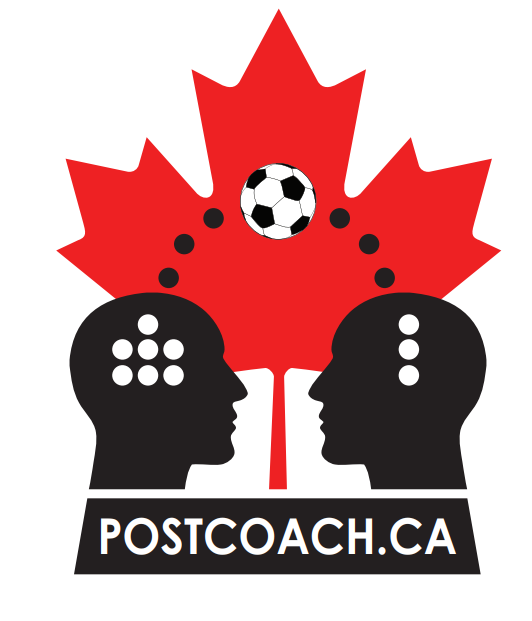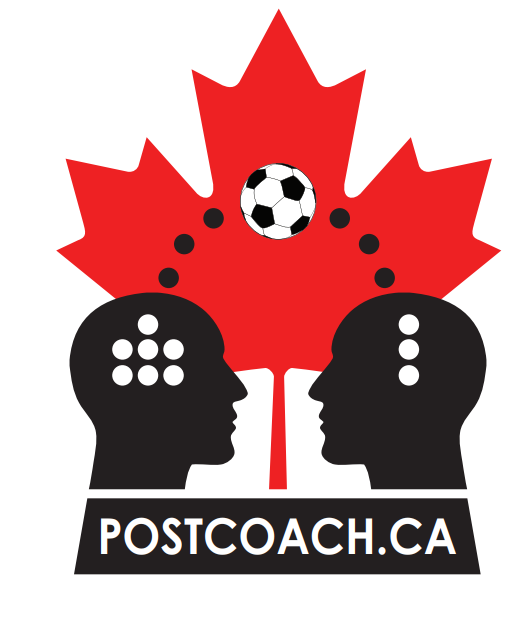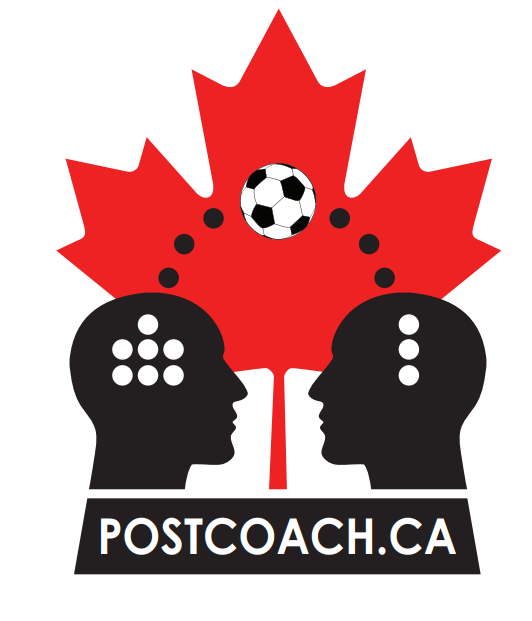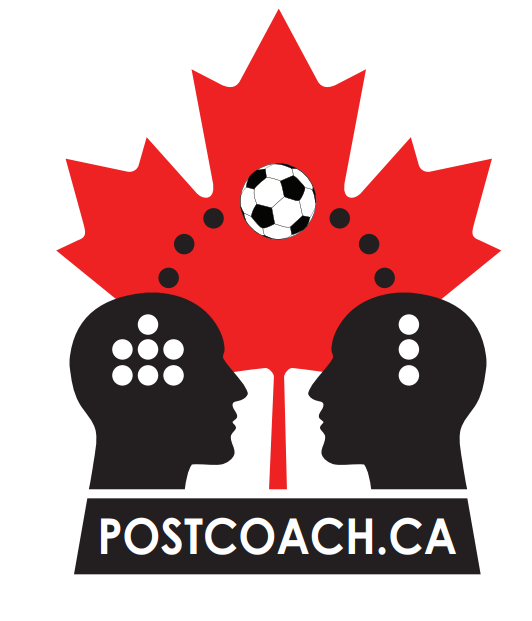Participation Is Central To The Role of A Coach

The following post is from Dan Abrahams Sport Psychology Ltd https://www.linkedin.com/feed/update/urn:li:activity:7019252582313271296/?utm_source=share&utm_medium=member_android from January 12, 2023.
Participation is central to the role of a coach. When I use the word participation, I’m referring to engagement.
“How do I engage my players?”
“How do I help my players engage?”
“How do I help my players engage each other and with each other?”
Have you ever sat down and thought about these three questions? And when I mean ‘think about’ I mean REALLY think about. I mean brainstorm solutions to this problem. I mean coming up with coaching behaviours, coach feedback, and coaching activities in order to engage players.
I mean putting engagement first!
To engage:
-to help players become interested
-to help players pay attention
-to increase player involvement
Because in sport we can be a little guilty of demanding attitude, effort and energy from our players without exploring ways that we as coaches can influence these crucial factors. We attribute blame on players for lacking engagement – attitude, effort and energy – yet we are just as culpable as them. Engagement is as much about us as coaches as it is about them as players.
It’s as much about our coaching practice as it is about their enthusiasm as players. So when you write your activities and sessions do you consider how you’re going to capture attention, increase the volume of interest, and manage involvement?
On the basis of involvement (as driver of engagement), you might choose to have your players write and administer some activities. This can start in the lead up to training: “I want you to come up with an activity that’s going to help us pass through the thirds quicker, and I want you, as leaders, to set this up and drive this in the next session”. And then stand back and observe
You might consider your persona when they arrive for training. Do you have a ‘coach face’ and if so, does this ‘face’ show them that you’re interested in them as individuals and as a group.
Do your first activities warm up their minds as well as their muscles? Do they turn the attention dial, the intensity dial, the teamship dial in positive directions?
You might consider the tasks you have players complete. Are they stretch enough? Are they too difficult? Are they meaningful enough for your players? Do they help them find their own brand of flow (if flow exists).
Do you provide individual challenges? Engaging them in deliberate practice with tough to accomplish tasks and personal feedback?When will directive coaching (instruction) be necessary and when will this style of coaching force them to go on ‘autopilot’ or attenuate to your words? Can you be more autonomy-supportive – asking questions as activities unfold – helping players find their own solutions to problems? Can you involve them in brainstorming solutions to their challenges – teamship and leadership protocols during sessions that require them to interact and learn proactively (rather than passively).
Ultimately, it doesn’t matter if you’re a Gareth Southgate or a coach of 8 year olds. Coaching with participation in mind is vital.
About Dan Abrahams

Dan Abrahams is a registered sport psychologist. He is also an author, podcaster, and blogger.
He is a consultant psychologist for elite (and developing elite) sports individuals, teams, clubs, organizations and governing bodies globally.
He is the author of four bestselling sport psychology books: Soccer Tough, Soccer Tough II, Soccer Brain and Golf Tough.
He has held senior psychology positions in several sports including Lead Psychologist for England Golf (2013-2016) and to England Rugby (2017-2018).
His passion is to de-mystify sport and performance psychology by creating and delivering simple techniques to sporting populations.
As a former professional golfer who struggled around the satellite tours in Europe he knows what it’s like to strive to succeed in a highly competitive world and to compete under pressure. He holds a first class honours degree in psychology and masters degree in sport psychology. He is HCPC registered meaning he is legally ‘safe’ to practice as a psychologist.
In golf he held the position of Lead Psychologist for England Golf and helped shape the future of golf psychology in England. He continues to work with golf professionals and leading amateurs globally.
He is a leader in the field of soccer psychology and has consulted (and held contracts) with a number of Premier League teams. He also works with a range of soccer individuals, clubs, governing bodies and national associations worldwide and is an in-demand speaker at a number of events globally.
In March 2017 he opened the Dan Abrahams Soccer Academy – an online membership site for players, coaches and parents to work together on the mental side of the game. It currently supports a number of clubs, College programmes and Academies with their psychological support.
In September 2018 he started a podcast called “The Sport Psych Show.” This has rapidly become one of the world’s most listened to sport psychology podcasts.



